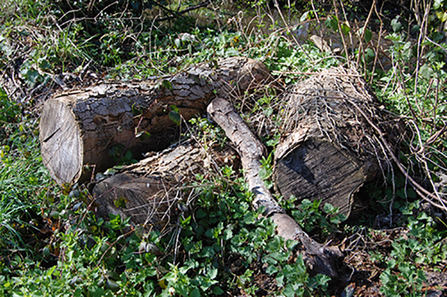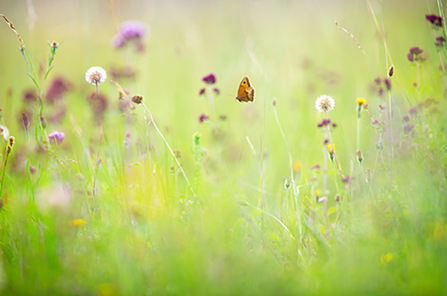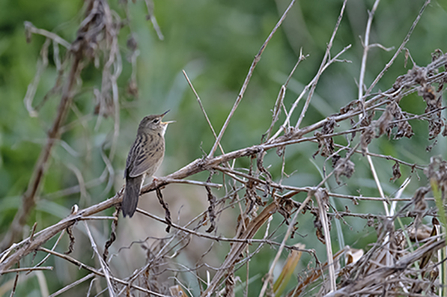We are now clearer than we have ever been that our wildlife is in trouble. The State of Nature Report, which makes use of the incredible efforts wildlife organisations, volunteers and members of the public put into collecting data, shows 60% of our species are declining. We know the reasons for this decline in our wildlife. In a nutshell, it is because of the increasing intensification of land use by humans, whether is through housing, loss of gardens, farming, road building or large energy projects.
The good news is that, because we know the causes, we also have a good idea over what the solutions are. Whilst some of the rarer species need quite specific habitat types and often management, a huge number, including many that are declining, just need space and a chance for nature to recover and breathe. This is one of the reasons that nature reserves are so important, but we know, despite great efforts, these are not enough. That’s why we have increased our efforts working with farmers and other landowners, providing advice on how they can manage their land with wildlife in mind alongside their business considerations. We are also working hard to improve fortunes for wildlife in and along our rivers, through tree planting and habitat creation, helping water voles and fish. We also work with local communities to help wildlife in their own patches, too.
It is only through your support through membership and donations that we are able to do this and we could never hope to have the scale of positive impact that we have without it. But, we also all need to act on a personal level, too.
What can you do to help our wildlife
In my own garden, I’ve left areas to go ‘wild’. I’ve created some wildflower areas which are much loved by bumblebees and I’ve made some log piles that are now teeming with life. Not everybody has a garden of course, but here are just a few things you could do to personally help our wildlife:
Create a pond
They are great magnets for wildlife such as newts and dragonflies. We’ve sadly lost many of our farmland and village ponds and so if you can create one, it will make a big difference. Find out more here.
Create a log pile
Dead wood is really important for many small animals which in turn are important food for birds and mammals. Our increasingly ‘tidy’ gardens and countryside means we have lost much of this vital habitat. Find out more here.



